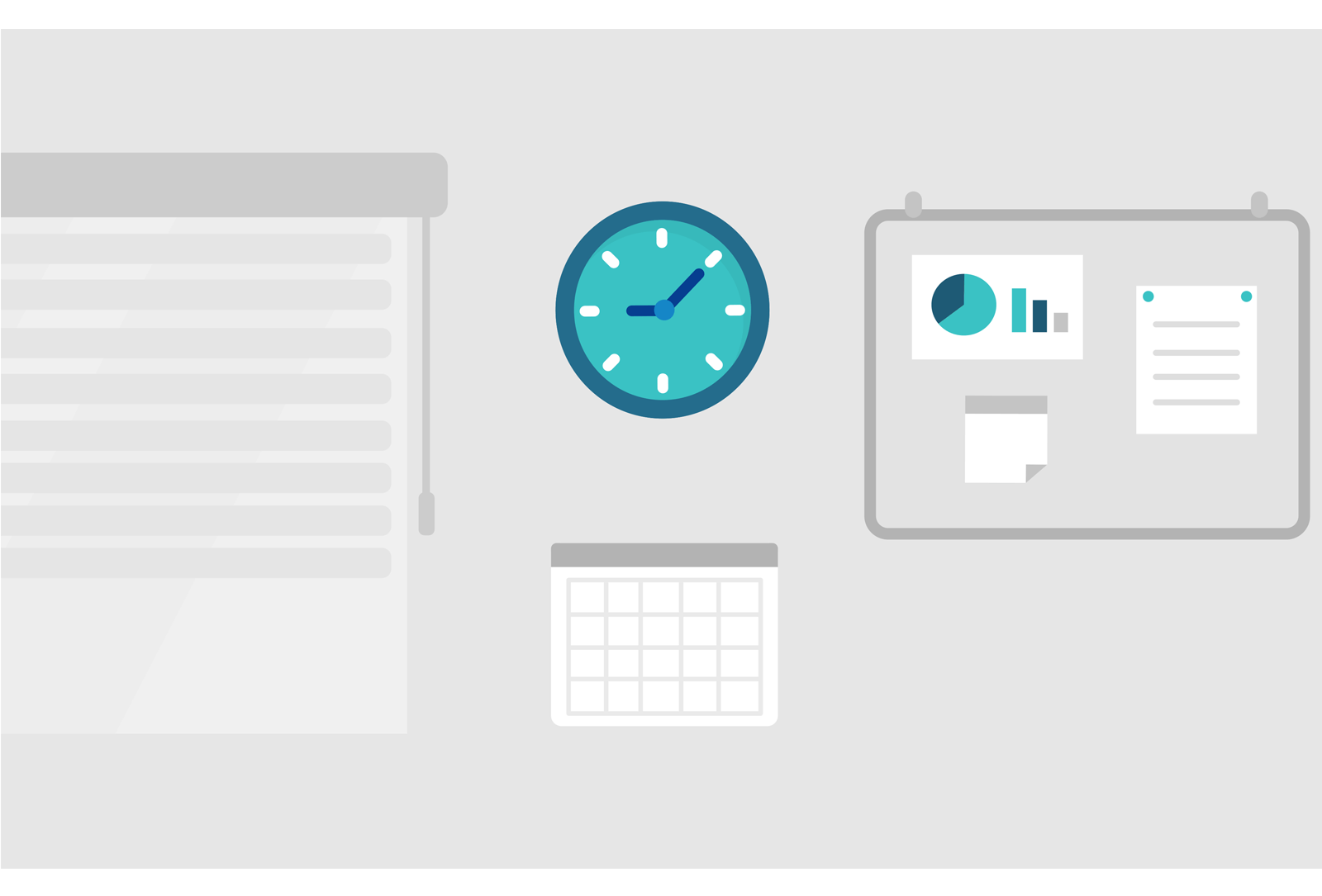
How to improve employee punctuality
Few things are more frustrating for small business owners and managers than that habitually late employees. In fact, lateness has been found to cost the UK economy a staggering £9 billion a year. Research suggests around 5% of workers are late every single day, meaning that even small businesses will likely have to tackle this issue on a regular basis. While one-off incidents can’t be avoided when unexpected or unforeseen circumstances get in the way, if you have someone who is regularly arriving late on the job, it’s best to take remedial action as early as possible.
Below, we look at the best ways to improve employee punctuality so that your business doesn’t suffer unnecessarily.
Realise that happy employees are less late
The first step is to understand that punctuality is strongly linked to engagement and morale. Employees that are engaged and care about their jobs are far more likely to make it a priority in their lives, giving respect to their working hours and doing what they can to arrive on time.
That said, even the happiest employees can sometimes have punctuality problems, so you need to be open-minded about what's happening with the affected employee and make sure you’re prepared for all eventualities.
Set expectations and strategies together
Employees are much more likely to buy into actions and plans that they’ve had a say in, so be sure to clearly discuss what the expectations are around employee punctuality and how you can implement a system that works effectively.
For example, if you require sick employees to inform you before their shift, but you’re notoriously hard to reach, there’s bound to be tension and you will have to make some changes to improve communication between you and your staff.
Follow up on incidents
As soon as you notice a pattern in an employee’s punctuality or absence record, look to address it. Asking about the cause of the issue, whether it’s sickness or a family emergency, shows concern and help you to identify and remedy problems that are within your control. For instance, if someone is always late on a certain day from traffic along their route, consider whether you can adjust their start time to avoid those rush hour jams.
If employees don’t have valid reasons for their tardiness and are regularly showing up late, explain to them the effects they are having on the business. Often people don’t realise the consequences of their actions, but being shown them can have a marked effect on their behaviour.
Use technology to tackle tardiness
In such an interconnected world, there are plenty of ways to keep communication with employees clear and ensure that everyone understands their commitments and responsibilities.
Findmyshift’s reminder and notification features allow you to alert employees of new or changed shifts so you can be sure that everyone is on the same page, while automated reminders can keep them on-time every day, and our mobile app makes it easy to manage shifts on the move as well.
Reward improvement
Achieving permanent and noticeable change will only happen by ensuring that each step in the right direction is met with positive reinforcement. You needn’t make a big deal of this, but a few simple words of praise for concerted improvement attempts on their part can go a long way.
A quick comment will usually be enough, such as, “You’ve been on time all this week. Good job, I really appreciate your effort.”
With clear communication, a plan, and a handy online scheduling tool, you should have all you need to improve employee punctuality in your small business. Good luck!